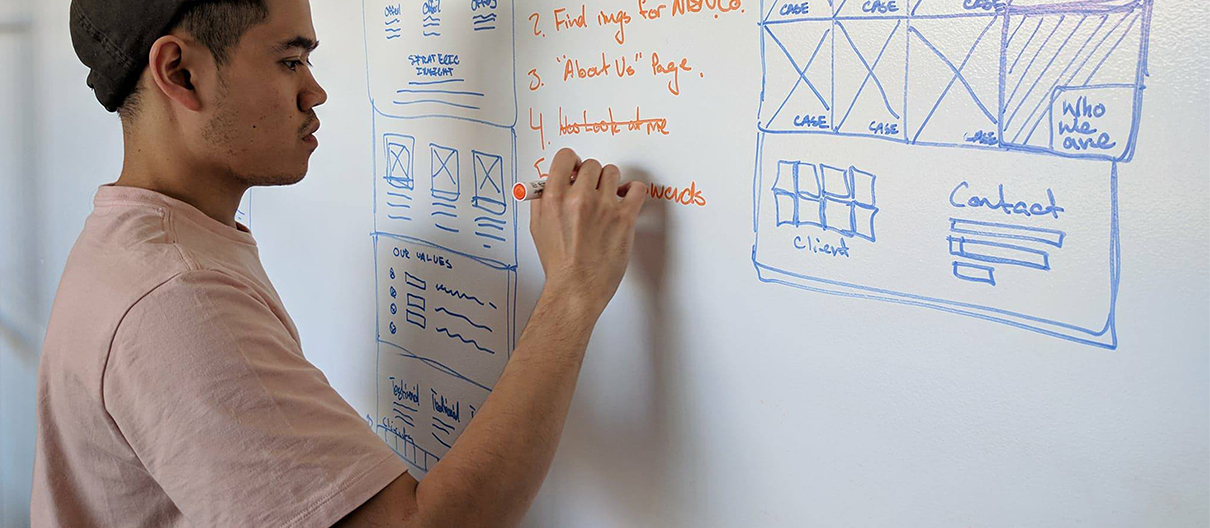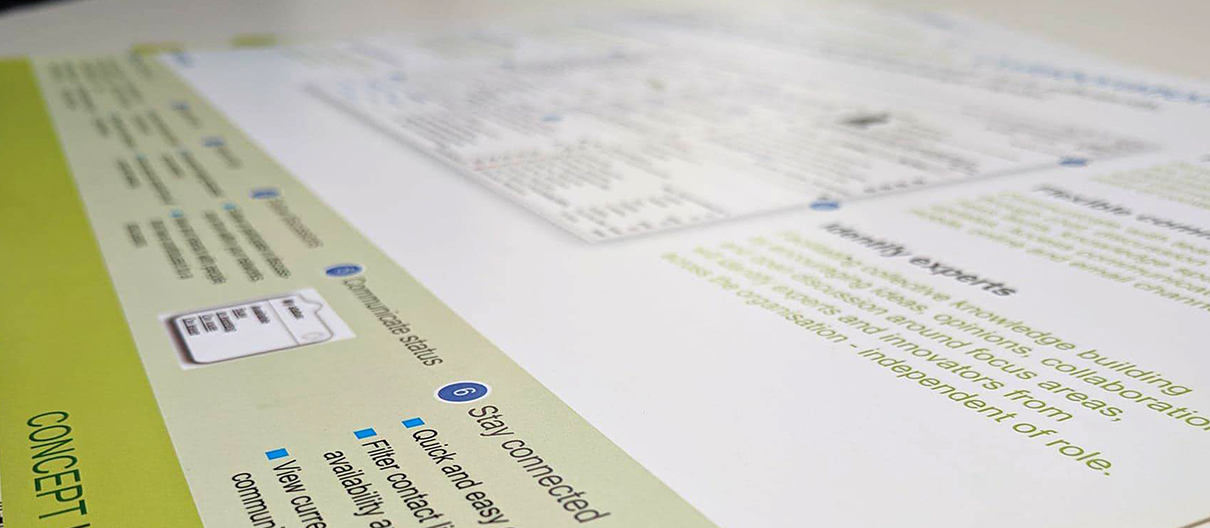Digital court of the future and e-filing user experience
Research and conceptual design of a future state digital legal experience.
CXCO was engaged to understand the needs of different users in the justice system, and to use co-design activities to create, test and validate service concepts and UX designs for a digital court of the future.
The project was part of a transformation program, with the objective of improving service delivery across digital, telephony, and face-to-face service channels, for solicitors, barristers, self-representing litigants and registry staff. CXCO’s involvement informed the future state vision and strategic direction for the delivery of online services to legal professionals, the public and staff.
The opportunity
The goal of the project was the design of a digital solution for activities that were largely manual, inefficient, and onerous. Paper based processes were a problem for legal professionals, the public and departmental staff, and there was not currently an online lodgement system for the court. This was in contrast to courts in other jurisdictions, and at a Federal level.
The existing system, available only to registry staff, was designed to provide flexible data input, but this left the department with a lot of erroneous data. A previous system had been available to legal professionals, but required them to put in a greater amount of effort than was necessary so they stopped using it, preferring to log manually on paper rather than deal with the clunky system.
It was imperative that the new system was designed with an understanding of the user to ensure take-up, a key marker of success, and design of a digital experience that supports them in their interactions with the judicial system.

Our approach
 Discover
Discover
Insights from interviews with department stakeholders informed the design of the kick-off workshop where CXCO facilitated the exploration of the current problem space, and potential constraints and concerns. The project was agile in approach, and delivered by a multidisciplinary team including researchers, designers, and developers.
 Contextual research and insights
Contextual research and insights
Contextual inquiries with judges, barristers, solicitors, self-representing litigants, legal aid and registry staff were conducted to understand needs, context of use, and mental models. User tasks and touchpoints with the judicial system were defined, and the challenges that participants faced when lodging applications and interacting with the judicial system was defined.
 Future state concepts
Future state concepts
Following the contextual study, scenarios were created to map the desired future state end-to-end experience for key users, and a number of concepts were created to test and iterate the conceptual direction of the digital solution. Prototypes were developed from sketches through to wireframes, and iteratively tested with representative users.
 User experience design
User experience design
CXCO developed the future state concepts into final user experience designs. Deliverables included the concept architecture, navigation model, wireframes, and user experience flows for the court of the future concept and the digital application form.
 CXCO produced digital concepts as a key deliverable for the client.
CXCO produced digital concepts as a key deliverable for the client.
Key outcomes
Evidence-based contextual insight that highlighted design principles and customer requirements of the future state online court of the future and e-filling application form.
 A conceptual experience vision for an online court of the future that increases efficiency, two-way communication, sharing of documents and ease of lodgement and processing.
A conceptual experience vision for an online court of the future that increases efficiency, two-way communication, sharing of documents and ease of lodgement and processing.
